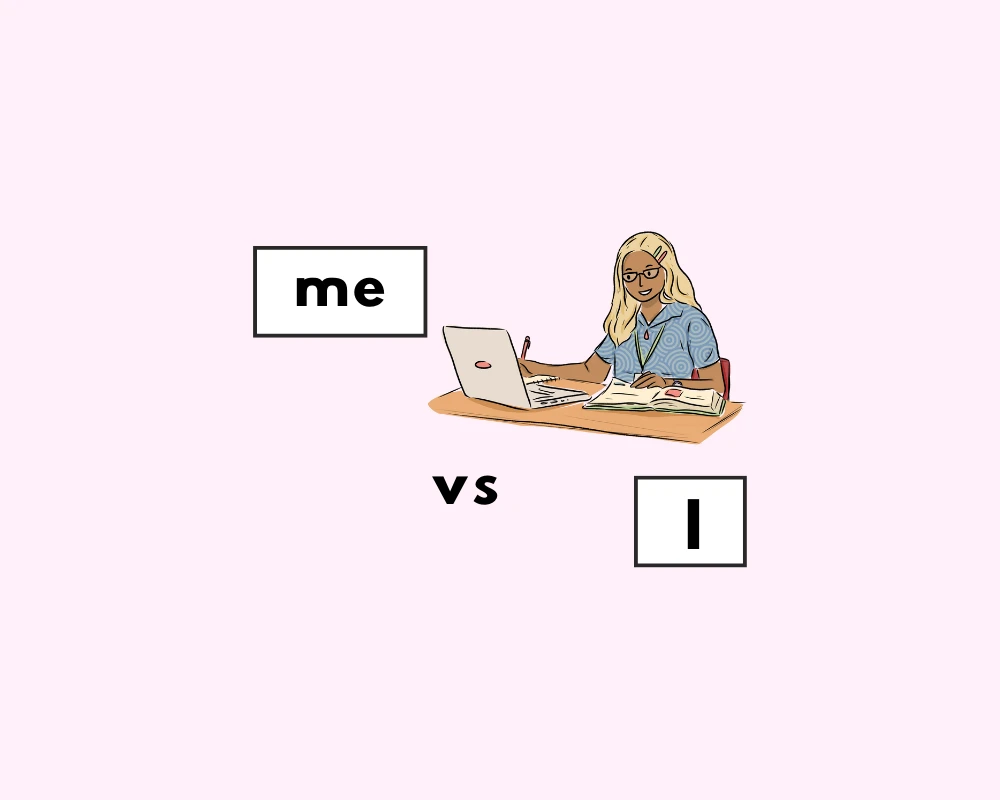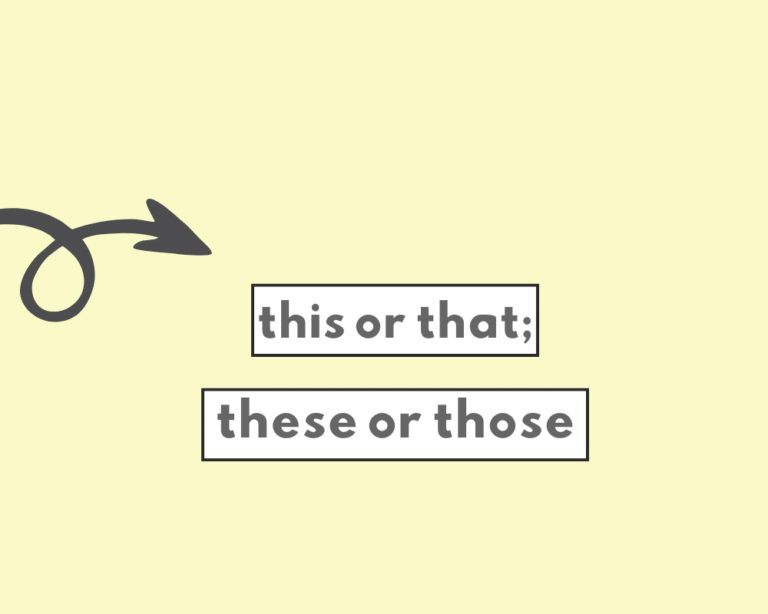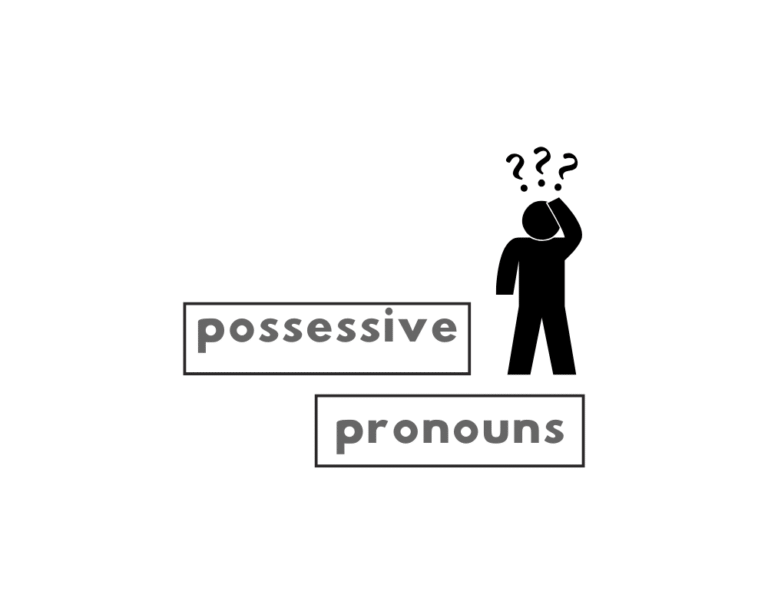Which is correct: I or me
Compare the sentences:
My sister gave me a birthday present.
I baked a cake for my family.
Me went to the store.
My friend and I went to the park and had a great time I.
|
My friend shared her class notes with me. |
|
I shared my class notes with my friend. |
The first sentence correctly uses the first-person singular pronoun me, since the sentence mentions something someone else did for them. In other words, if you’re confused about whether to use the pronouns “me” or “I”, ask yourself if what you’re trying to communicate is something that you did, or are doing currently.
If what you’re trying to communicate is something that you did, (in the literal sense of a certain action you took), then the correct pronoun to use is I. If what you’re describing is something that someone else did, either to you, for you, with or without you, use the pronoun me.
What’s the difference between I and me?
Both I and me are pronouns in the first-person singular, but the difference between them is that I is a subjective pronoun, meaning that we use I when we’re describing something we did, and are the sentence subject/doer of the sentence’s action. Me, on the other hand, is an objective pronoun. We use me to describe something someone else did either to us, for us, with or without us; in other words, when we are the receivers of an action, or the sentence object, use me.
Grammar rule!
When you are the sentence subject, use I. When you are the sentence object or receiver, use me.
“I” vs. “me,” associate “I” with subject (I do the action) and “me” with object (the action is done to me).
Usage of the pronoun I
Use the pronoun I when you are the one performing the sentence action, and are therefore the sentence subject. When there is more than one sentence subject, mention them first, as in:
|
Josh and I both love skiing. |
|
Ashley and I went to the mall. |
|
Before we left, Sarah and I said goodbye to the host. |
Other subjective pronouns that we use when we are the one’s performing the sentence action include I, you, he, she and it when the subject is singular. For plural subjects, use we, you and they.
When to use “me”
Unlike the subjective pronoun I, we use the me when we are on the receiving end of an action:
|
Alex accidentally hit me with her bag as she walked by. |
|
John told Sam and me to wait for him. |
|
The new student decided to sit with me and Caroline at lunch. |
Other objective pronouns that we use when we are the receiver of the sentence’s action includes me, you, her, him and it when the subject is singular. For plural subjects, use us, you and them.
If you’re still unsure as to whether you’ve used the correct pronoun, a way to check is by removing the additional noun in the sentence and see if it still reads properly:
|
The cat followed Jack and me to the kitchen. |
When we remove the additional noun from the sentence (i.e., “Jack”), it becomes clear whether “me” is correct in the context, which it is:
|
The cat followed me to the kitchen. |
Worksheet
According to the blog post, which pronoun is used when you are the subject of the verb?
Which of the following sentences correctly uses the pronoun “I” as the subject, as shown in the blog post?
Which sentence correctly uses the pronoun “me” as the object or receiver of the action?
The blog post states that which of these sentences is incorrect?
According to the blog post, when should you use the pronoun “me”?
decided to read a book tonight.
Could you please pass that paper to ?
My brother and went fishing this morning.
The invitation was addressed to Sarah and .
love skiing.
FAQs
What’s the difference between I and me?
+
When should I use the pronoun I?
+
When should I use the pronoun me?
+
Is “Me went to the store” correct?
+
How do I decide between I and me?
+
Yash, D. "When to Use I or Me." Grammarflex, Jul 15, 2025, https://www.grammarflex.com/when-to-use-i-or-me/.











